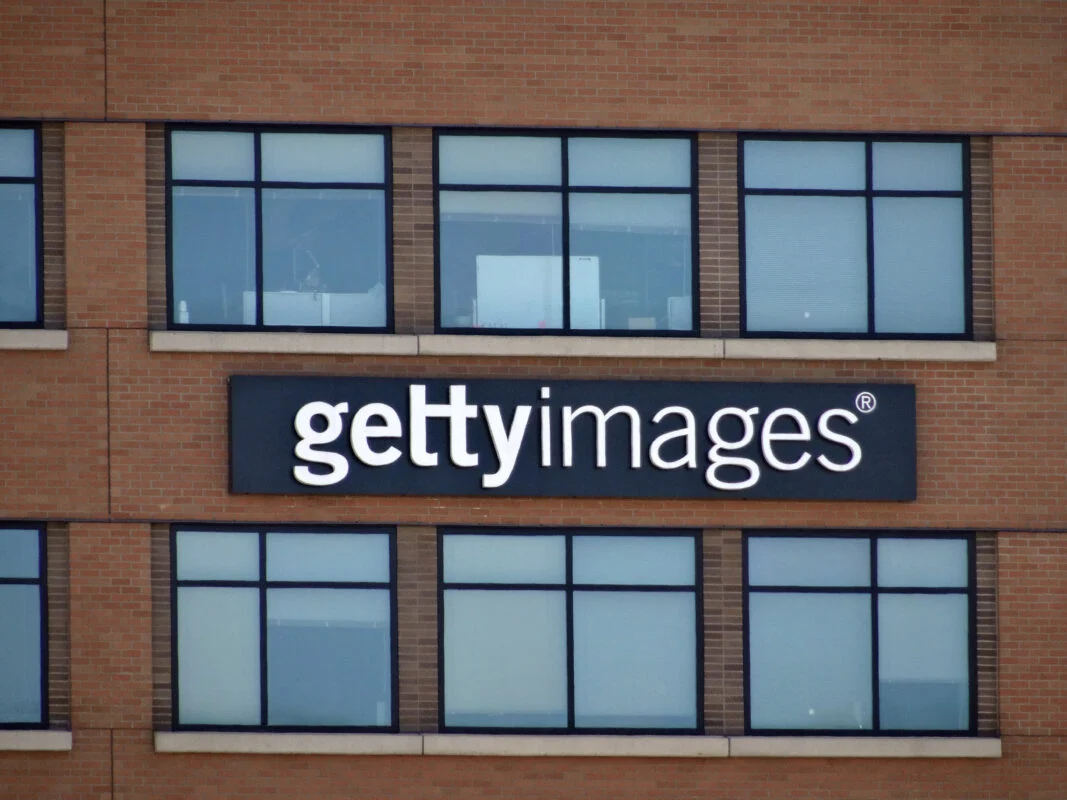
Getty Images just kicked off a high-stakes copyright lawsuit against Stability AI in London’s High Court. The trial, which began June 9, could be one of the biggest courtroom moments in the generative AI world to date. At the heart of the case? Getty says Stability AI used millions of its copyrighted images—without permission—to train its popular image generator, Stable Diffusion. If that sounds serious, it is. Getty’s lawyers argue this isn’t just about tech—it’s about protecting an entire creative industry.
Getty’s CEO Craig Peters didn’t hold back, calling the alleged scraping of 12+ million licensed images an outright theft of intellectual property. And Getty’s not just talking about it in the UK—they’ve got a similar case running in the U.S. Meanwhile, Stability AI is standing its ground. Their defense? That AI systems learn from the “collective knowledge of humanity,” and that this training falls under fair use and freedom of expression. (Spoiler: Not everyone agrees.)
Zoom out, and this lawsuit is part of a much bigger trend: the legal system is finally catching up with AI. Courts around the world are increasingly scrutinizing how generative models are built—and whether “fair use” really covers scraping copyrighted work. U.S. judges have already let similar copyright claims move forward, especially when AI-generated content resembles the original too closely.
What makes this case messier? Global law. The U.S. says AI-generated content can’t be copyrighted unless there’s human authorship. Some countries disagree. That legal whiplash makes it hard for AI companies like Stability to play by the rules, especially when the rules aren’t even the same from one country to the next.
And then there’s the business side. Getty’s fighting not just for principle but for survival. They’ve seen how disruptive AI can be—and they’re drawing a line in the legal sand. If they win, it could slow down how image-based AI tools are built. If they lose, it might open the door to more aggressive AI training tactics.
Either way, this won’t be the last battle between content creators and the companies building machines that remix the internet.




